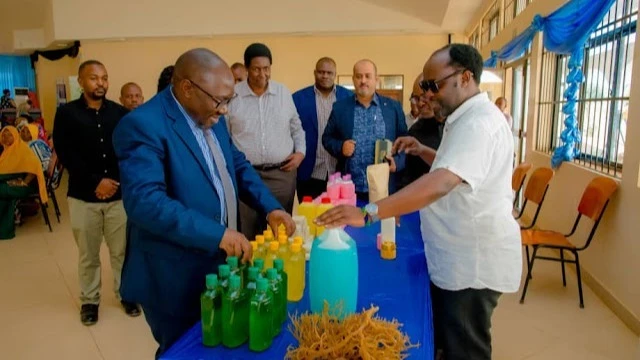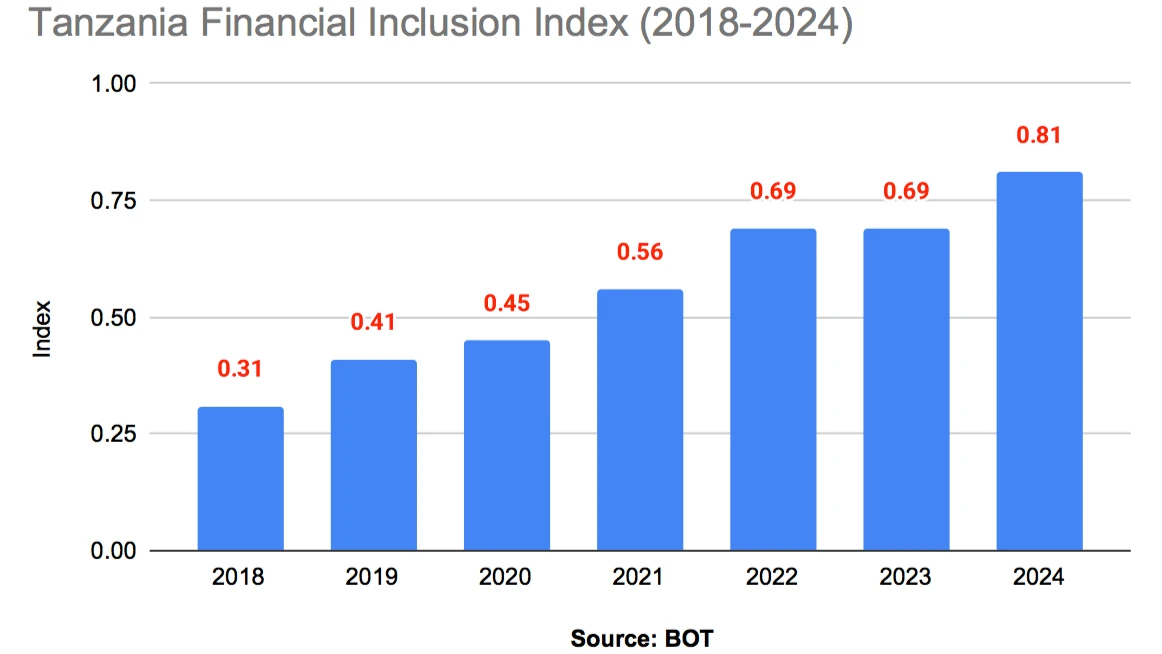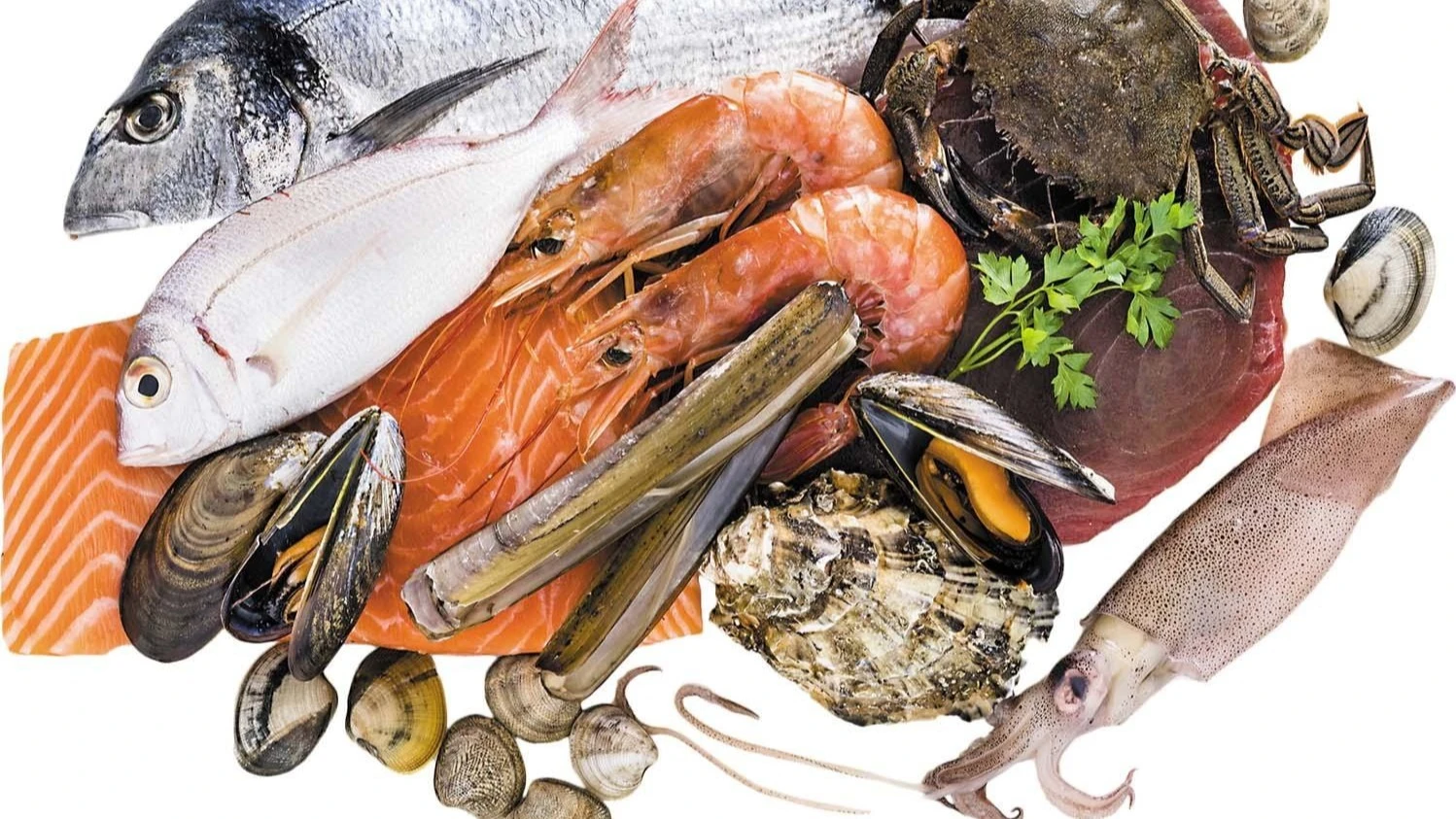Seaweed farmers urged to embrace technology

THE government has called on seaweed farmers across the country to embrace modern and improved farming techniques in order to boost production and enhance competitiveness in both local and international markets.
The Deputy Permanent Secretary in the Prime Minister’s Office for Policy, Parliament, and Coordination, Dr. James Kilabuko, made the remarks while closing a 12-day capacity-building training for seaweed farming groups over the weekend in Mkinga District, Tanga Region.
The training, organized by the Prime Minister’s Office (Policy, Parliament and Coordination) through the Disaster Management Department, in collaboration with the Institute of Rural Development Planning, with funding from the Government of Japan and UNDP held from August 4 to 15, 2025, focused on equipping farmers with skills to improve productivity and value addition.
“The knowledge you have gained on modern seaweed farming will help you increase both the quantity and quality of your harvests, making your products more competitive in domestic and foreign markets,” Dr. Kilabuko said.
He emphasized the importance of value addition, proper use of chemicals in producing seaweed-based products, improved packaging, and access to wider markets.
He further urged participants to share the knowledge with other group members who did not attend, particularly on lifesaving and first aid skills at sea.
“Your work environment is in water, so the survival skills you learned are crucial. This knowledge will help you save your own life and assist others in times of emergencies,” he added.
Earlier, Assistant Director in the Prime Minister’s Office (Policy, Parliament and Coordination), Colonel Selestine Masalamado, explained that the training was part of the second phase of implementing the national strategy launched in February 2023 by Prime Minister Kassim Majaliwa to address maritime and lake-related crime and strengthen security.
He noted that the first phase was conducted in Mafia, Pangani, and Bagamoyo districts, focusing on training community groups, constructing fish-drying platforms, and purchasing a modern patrol boat for maritime security.
He further revealed that, following the success of the first phase, the Government of Japan and the United Nations Development Programme (UNDP) have continued to support Tanzania’s efforts by funding the purchase of two patrol boats, construction of seaweed-drying facilities, procurement of seaweed-grinding machines, and training 26 seaweed farming groups in Mkinga District.
Mkinga District Executive Director, Rashid Karim Gembe, commended the initiative, expressing gratitude to development partners and coordinators for their support.
He pledged continued cooperation with seaweed farmers to help them achieve economic transformation through the crop. UNDP representative,Saimon Nkonoki, said the second phase of the project had been well received, reflecting the government’s readiness to serve its citizens.
“We pledge to strengthen this collaboration with various development partners and urge the farming groups to put the training into practice, particularly the practical skills, which will greatly benefit them,” Mr. Nkonoki said.
Participants also expressed their appreciation for the training, noting it would transform seaweed farming. Speaking on behalf of her colleagues, Aisha Jumbe said: “We believe this crop will now gain the recognition it deserves through the new skills we have acquired. We have learned financial management, market analysis, and how to meet consumer needs. These lessons will help us from the production stage to the final products, including soap, detergents, medicine, and many other items.”
Top Headlines
© 2025 IPPMEDIA.COM. ALL RIGHTS RESERVED

























